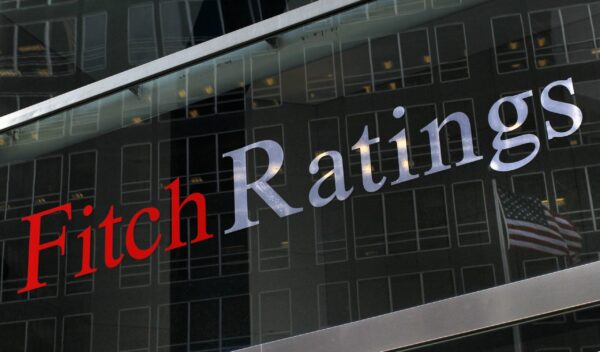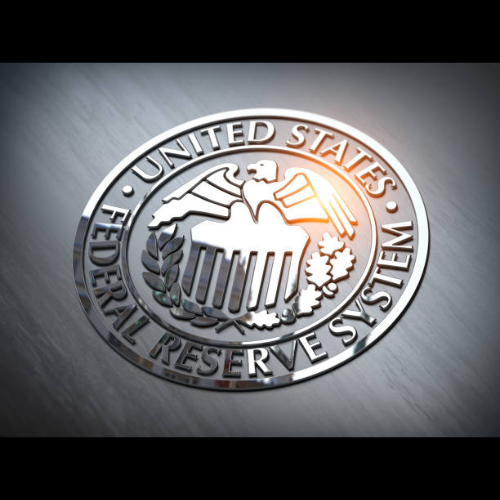Fitch Ratings, in a statement released on Friday, announced that despite the recent debt limit agreement that enables the U.S. government to fulfill its obligations, the nation’s “AAA” credit rating will remain on negative watch. The bipartisan legislation, which was passed by the U.S. Senate on Thursday and supported by President Joe Biden, resolved months of political wrangling between Democrats and Republicans over the $31.4 trillion debt ceiling.
While Fitch acknowledged the positive aspects of reaching an agreement amid intense political partisanship and making modest reductions in fiscal deficits over the next two years, it expressed concerns about the repeated standoffs and last-minute suspensions regarding the debt limit. These recurring events erode confidence in governance regarding fiscal and debt matters, according to Fitch.
The credit rating agency also cited a steady deterioration in governance over the past 15 years, increased political polarization, repeated brinkmanship surrounding the government’s borrowing cap, and rising fiscal deficits and debt as additional factors contributing to the negative watch on the credit rating. Fitch had already placed the U.S. credit rating on watch for a possible downgrade, with the intention to resolve the review in the third quarter of this year.
Fitch emphasized that the coherence and credibility of policymaking, along with the expected medium-term fiscal and debt trajectories, will play crucial roles in its assessment. The announcement initially led to an increase in yields on U.S. Treasuries; however, they have since receded, with the benchmark 10-year note at 3.6811%.
Washington policy analyst Ed Mills of Raymond James noted that Fitch’s decision reflects the absence of structural changes in the government’s approach to the borrowing limit, suggesting that the potential for future drama and the threat of mistakes persist unless the process undergoes fundamental changes.
Analysts have cautioned that rating agencies could downgrade the U.S. government’s rating, similar to the 2011 downgrade by S&P, even after House Republicans and the White House reached a deal narrowly averting a default. Credit ratings serve as important metrics for investors to assess the risk profiles of governments and companies, with lower ratings generally resulting in higher financing costs.
Best Growth Stocks Team







